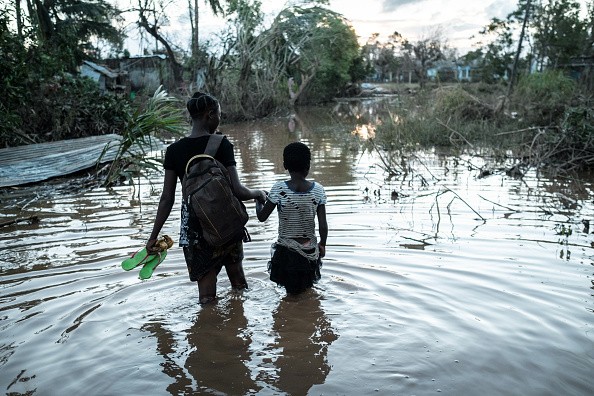Researchers showed that flooding could significantly impact food security across African nations.
Flooding has been a major concern. The World Health Organization (WHO) explained that flooding or floods are the most frequent disaster affecting countries worldwide.
Heavy rainfall due to tropical storms or hurricanes causes flooding and mudslides.
Floods can be disastrous and result in widespread evacuations due to life-threatening impacts.
The WHO explained that flooding could result in widespread effects, massive damage to infrastructure, properties, loss of life, and issues on public health.
The organization recorded between 1998 to 2017 showed that floods massively affected over 2 billion people around the world.
Impact on Food Security

The research emphasized the impact of floods on food security which policy-makers could take into account for future policies and decisions.
In African nations, the study noted that it could affect over 5.6 million people.
Moreover, the study focused on the data collection on flooding and its effect on food security.
According to the study published on the National New York University website, the research appeared in the Proceedings of the National Academy of Sciences.
The study's lead author Connor Reed explained that their research findings revealed that floods impacted food security triggering in the months after the flooding event.
Reed is also a former NYU Center for Data Science graduate student.
The flooding events they studied showed that flooding could substantially damage infrastructures, livestock, and croplands.The effect could also disrupt food production, access to water resources, and sanitation.
The researchers studied countries in Africa to develop detailed insights into the impact of flooding events.
The researchers looked into the data from 2009 to 2020, examining the flood characteristics in terms of extent, duration, location, and food security metrics.
Furthermore, the researchers considered the Integrated Food Security Phase Classification (IPC) scale in terms of the following:
- Minimal food security (IPC 1)
- Stressed (IPC 2)
- Emergency (IPC 3)
- Crisis (IPC 4)
- Famine (IPC 5)
Based on the results, the researchers found that approximately 12% of the data experienced food insecurity due to flooding.
The results consider that flooding events significantly impacted areas in highly localized.
The study's co-author Andrew Kruczkiewicz explained that understanding the impact of flooding on food security is important for humanitarian communities, which could provide accurate decisions to implement preparedness and actions.
Kruczkiewicz is also from International Research Institute for Climate and Society at Columbia University.
The researchers noted that the the topic is understudied worldwide, and researching the impact could provide new knowledge about the extent of flooding events on food security.
It helps global leaders and humanitarian agencies to create programs and decision policies based on the available data.
To read the research, visit the New York University website.
Flooding
Furthermore, the World Health Organization explained three common types of flooding: flash floods, river floods, and coastal floods.
The most vulnerable to flooding are areas without warning systems.
Meanwhile, the National Geographic explained that floods disastrously affect many communities, making them the most common type of natural disaster.
According to the report, floods can cause the following:
- Harming wildlife
- Spread diseases and contamination
- Can push to trigger migration of animals
For more similar, don't forget to follow Nature World News.
© 2025 NatureWorldNews.com All rights reserved. Do not reproduce without permission.




